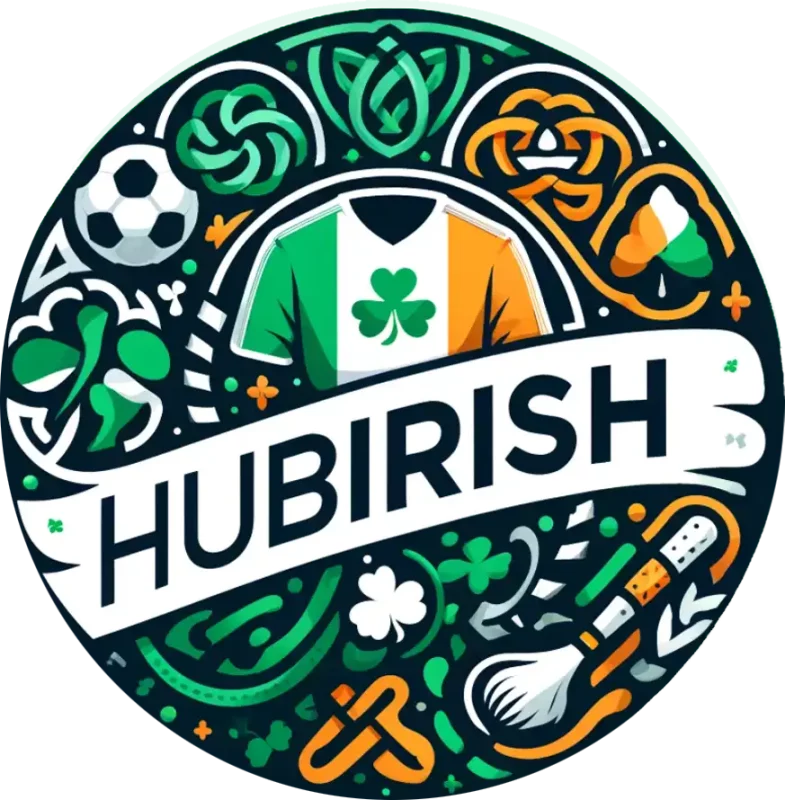Uncategorized
Croke Park and Bloody Sunday’s Impact on GAA
The History of Croke Park and Bloody Sunday: A Pivotal Moment in GAA History
- Croke Park, established in 1884, is the iconic home of the GAA and a symbol of Irish culture.
- Bloody Sunday, which took place on November 21, 1920, resulted in the deaths of 14 individuals, influencing national and sporting policies.
- The legacy of Bloody Sunday serves as a reminder of the struggle for Irish independence and its connection to sport.
- The GAA continues to honor those who lost their lives that day while celebrating Irish pride through various events and activities.
The Origins and Evolution of Croke Park
Croke Park was founded in 1884, when the GAA sought to create a space that would revolve around traditional Irish sports such as hurling and Gaelic football. Named after Archbishop Thomas Croke, the GAA’s inaugural president, the stadium started as a humble ground in which local clubs battled it out for regional honors. Through the decades, it has grown exponentially, now boasting a capacity of over 82,000—making it the largest stadium in Ireland and the fourth largest in Europe.
As the GAA flourished, it became a significant part of Irish culture. The association played an instrumental role in promoting Irish language and culture during a time of British rule, inspiring a generation to embrace their heritage. Croke Park transformed from a sports ground into a venue that encapsulated the spirit of a nation yearning for independence. The stadium hosted countless memorable championship matches and concerts, gradually becoming a vibrant symbol of Irish pride.
The Events of Bloody Sunday: A Day of Tragedy
On November 21, 1920, Croke Park was to host a challenge match between Tipperary and Dublin, an ordinary day for sports lovers. However, it coincided with one of the darkest periods of the Irish War of Independence. Earlier that day, members of the Black and Tans, a controversial British auxiliary police force, had stormed the grounds in what was meant to be a retaliatory act against Irish nationalists. Between 2:45 PM and 3:00 PM, the world of sport collided with the turbulence of political strife.
As the crowd of over 10,000 prepared for the match, the Black and Tans opened fire on the spectators, resulting in the deaths of 14 individuals and injuring numerous others. Those present were caught in a moment of chaos as the line between innocent enjoyment of sport and deadly conflict blurred tragically. This day has since been remembered as one filled not only with horror but with a profound sense of loss that resonates through generations.
The Aftermath: Sporting Legacy and Remembrance
Bloody Sunday sent shockwaves across Ireland, resulting in heightened tensions between the Irish people and British authorities. The GAA, while rooted in sportsmanship, understood that its role had transcended athletics. The association stood in solidarity with victims and their families, and new policies were established to protect its players and spectators. The events of that day have shaped the GAA’s commitment to preserving Irish culture and fostering community spirit amidst political upheaval.
In the years since Bloody Sunday, Croke Park has transformed into a memorial for those who lost their lives on that fateful day. The GAA honors their memory through various initiatives, including commemorative events and education programs. The stadium serves as a reminder not only of the past but also of the importance of unity and resilience in the face of adversity.
Croke Park Today: A Celebration of Irish Pride
Today, Croke Park isn’t just a sports stadium; it’s a cultural epicenter that hosts concerts, sporting events, and community gatherings. The GAA continues to encourage young players to participate in Gaelic games, and Croke Park remains the number one destination for supporters. Whether you’re donning a Dublin jersey or rooting for your local club, the pride in wearing a GAA jersey extends beyond the field.
As we remember the significance of Croke Park and the events of Bloody Sunday, why not embody that spirit of pride? Explore our stunning range of GAA jerseys, including the latest designs to cheer on your favourite teams. Whether for game day or everyday wear, be part of this enduring legacy.
Frequently Asked Questions
Bloody Sunday marked a pivotal moment in the history of the GAA, representing the dangers that come when sport intersects with political conflict. The tragic events that unfolded are still remembered today, serving as a reminder of the resilience of the Irish spirit.
You can honor the memories of the victims by visiting Croke Park, participating in commemorative events, or simply embracing the GAA culture through wearing team jerseys and supporting local games. Check out our collection of GAA jerseys to get involved!
For the finest selection of authentic Irish rugby shirts, visit our IRFU jerseys category and show your support for the national team!
In conclusion, Croke Park remains more than just a sports arena; it is a pillar of Irish heritage and collective memory. The echoes of Bloody Sunday remind us of our past struggles while we continue to celebrate the spirit of Irishness. So let’s embrace this pride together—wear it, live it, and remember it. Browse our selection today and connect with the heart of Irish culture!
